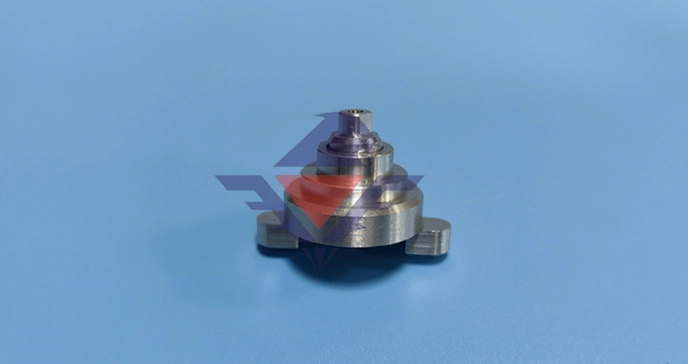
本身
html
Swiss Screw Machining: Precision and Efficiency in Small Part Manufacturing
Keyword: Swiss Screw Machining
Swiss screw machining, also known as Swiss turning or Swiss-style lathe machining, is a highly precise and efficient method for manufacturing small, complex parts. Originating in Switzerland during the 19th century for watchmaking, this technology has evolved to serve industries requiring tight tolerances and intricate designs.
How Swiss Screw Machining Works
The Swiss screw machine operates differently from conventional lathes. The workpiece is held in a sliding headstock and guided by a bushing, allowing for exceptional stability and precision during cutting operations. This unique design minimizes deflection, even when working with long, slender parts.
Key features of Swiss screw machining include:
- Simultaneous multi-axis machining capabilities
- High-speed precision cutting
- Ability to handle bar stock up to 32mm in diameter
- Exceptional surface finishes
Advantages of Swiss Screw Machining
This manufacturing method offers several significant benefits:
1. Unmatched Precision
The guided bushing system and rigid setup allow for tolerances as tight as ±0.0002 inches, making it ideal for medical devices, aerospace components, and electronics.
2. Reduced Material Waste
Swiss machines produce minimal scrap material compared to conventional machining, as they can perform multiple operations in a single setup.
3. High Production Efficiency
The ability to perform turning, milling, drilling, and threading in one operation significantly reduces cycle times and labor costs.
Applications Across Industries
Swiss screw machining serves numerous industries requiring small, precision parts:
- Medical: Surgical instruments, implants, and dental components
- Aerospace: Fuel system components, fasteners, and sensor housings
- Electronics: Connectors, contacts, and miniature housings
- Automotive: Fuel injection parts, transmission components, and sensors
Choosing the Right Swiss Machining Partner
When selecting a Swiss screw machining provider, consider:
- Experience with your specific industry requirements
- Quality certifications and inspection capabilities
- Material expertise (especially with exotic alloys or plastics)
- Capacity for both prototyping and high-volume production
As manufacturing demands continue to push for smaller, more complex components with tighter tolerances, Swiss screw machining remains at the forefront of precision manufacturing solutions. Its unique capabilities make it indispensable for industries where quality and precision are paramount.